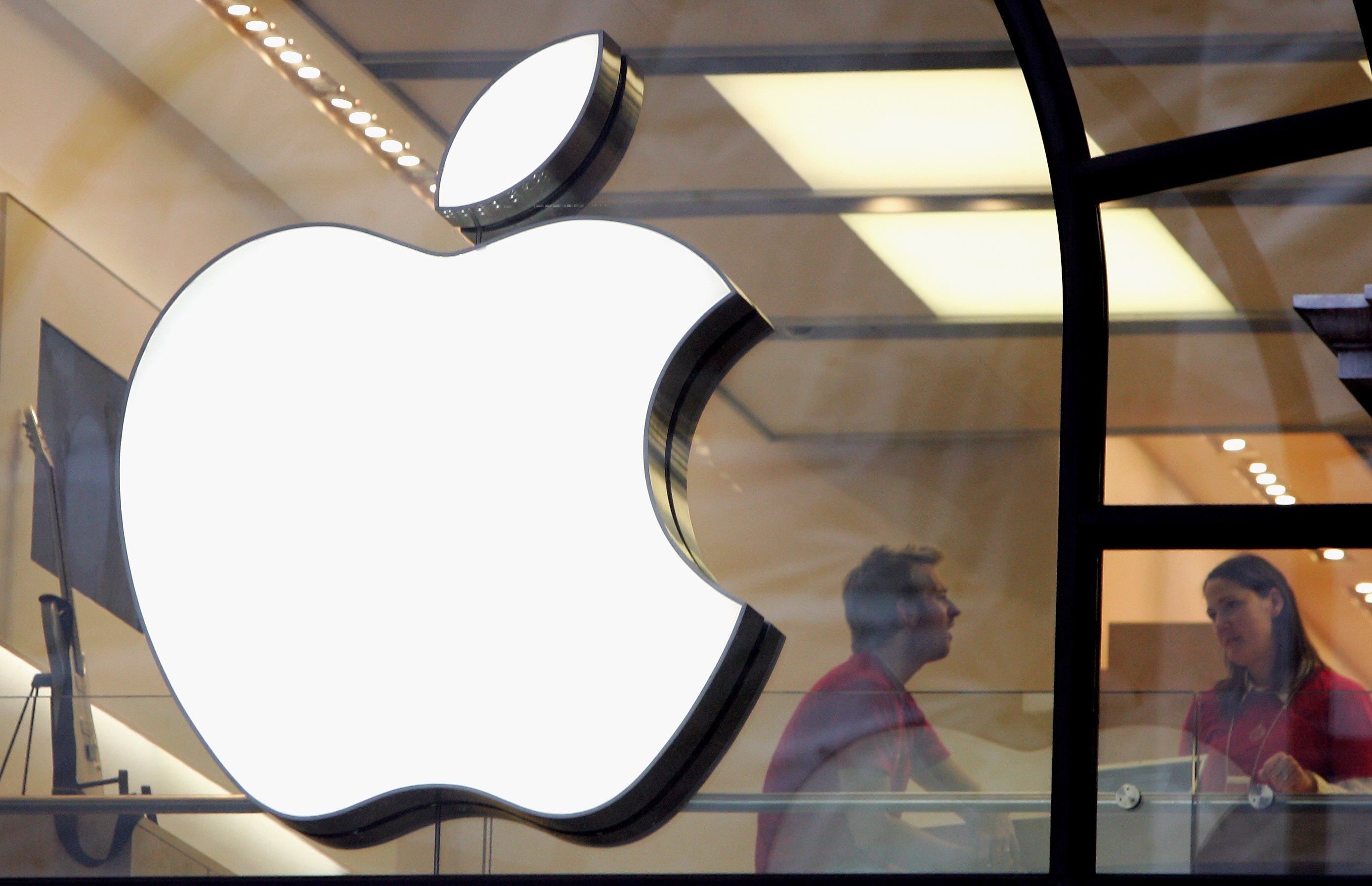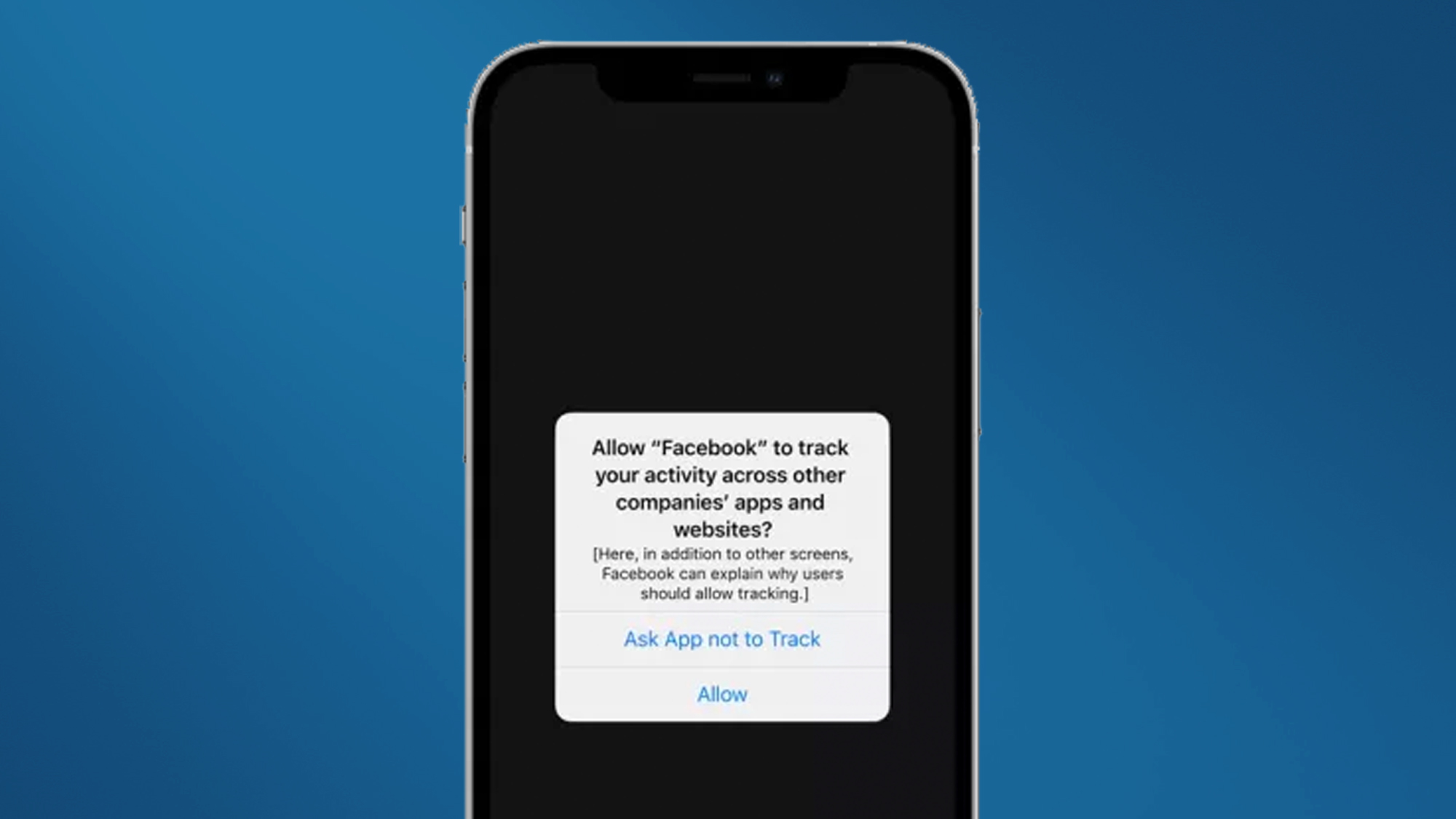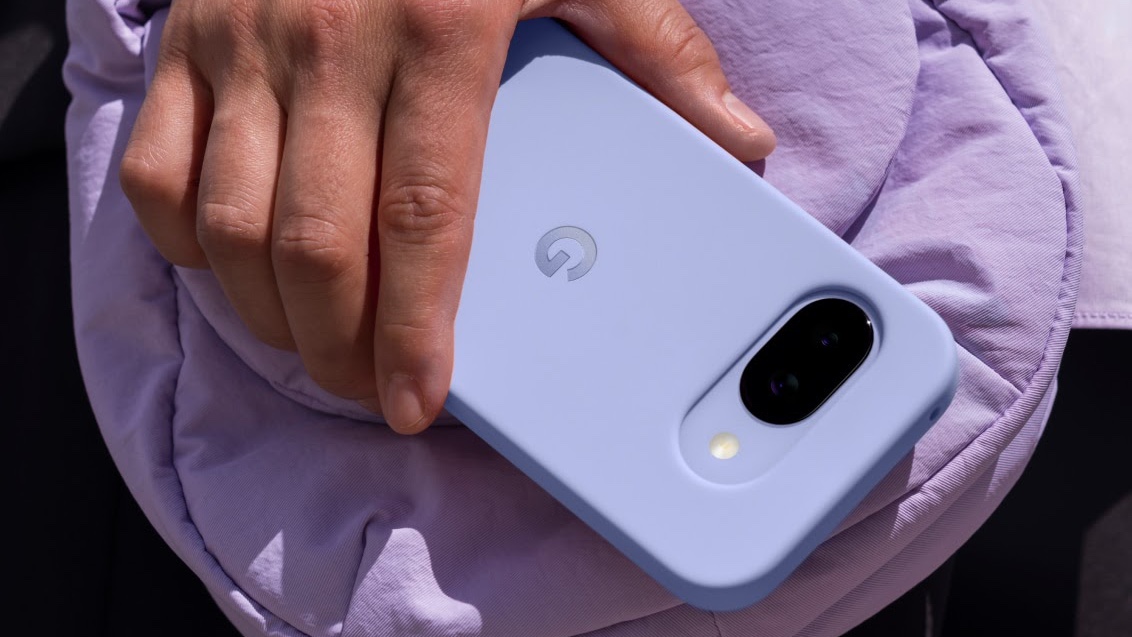Apple’s App Tracking Transparency is now under investigation — here's why
New proceeding aims to determine whether App Tracking Transparency is anti-competitive

Germany’s national competition regulatory agency the Bundeskartellamt has announced that it has initiated a proceeding against Apple regarding its App Tracking Transparency Framework.
First introduced back in April of last year alongside iOS 14.5 and iPadOS 14.5, the iPhone maker’s App Tracking Transparency Framework requires that all apps first ask for consent before tracking a user’s activity across other apps and websites. At the same time as MacRumors points out, apps that want to track a user based on the unique advertising identifiers of their devices must also get permission before doing so.
As part of its new proceeding, the Bundeskartellamt will investigate whether Apple’s tracking rules and anti-tracking technology hurt competition or give the company an unfair advantage in the mobile advertising business.
Apple reportedly isn’t subject to its own App Tracking Transparency Framework

Although Apple has said that its App Tracking Transparency was designed to protect its users from being tracked across the web and not to benefit its own business, the Bundeskartellamt’s preliminary findings show that the company itself is not subject to its new rules.
President of the Bundeskartellamt, Andreas Mundt, provided further insight on the matter in a press release announcing the proceeding, saying:
“A corporation like Apple which is in a position to unilaterally set rules for its ecosystem, in particular for its app store, should make pro-competitive rules. We have reason to doubt that this is the case when we see that Apple's rules apply to third parties, but not to Apple itself. This would allow Apple to preference its own offers or impede other companies. “
This isn’t the first time that the Bundeskartellamt has looked into Apple over anti-competitive practices. In June of last year, the competition regulator launched an antitrust probe into the company’s use of pre-installed apps, in-app purchasing, its App Store and more following similar investigations against Facebook, Amazon and Google.
Sign up to get the BEST of Tom's Guide direct to your inbox.
Get instant access to breaking news, the hottest reviews, great deals and helpful tips.
Great for consumers but not for advertisers

Being able to quickly prevent apps from tracking you across other apps and the web with just one tap has been great for iPhone and iPad users looking to further protect their privacy. However, the same can’t be said for advertisers.
While many advertisers have been impacted by the rollout of Apple’s App Tracking Transparency Framework, Facebook has been the most vocal regarding the change. According to a report from Mobile Dev Memo analyst Eric Suefert back in January, the social media giant’s advertising revenue could take a 7% hit due to its implementation.
Even before App Tracking Transparency was rolled out to the general public, Facebook said in a blog post that Apple’s new framework would negatively impact small businesses that depend on advertising to stay open. The company also said the framework was anti-competitive as it gives Apple’s mobile advertising business a major advantage on iOS and iPadOS devices.
We’ll have to wait and see what the Bundeskartellamt’s proceeding uncovers but Apple is unlikely to change course given the success of its continued privacy push.

Anthony Spadafora is the managing editor for security and home office furniture at Tom’s Guide where he covers everything from data breaches to password managers and the best way to cover your whole home or business with Wi-Fi. He also reviews standing desks, office chairs and other home office accessories with a penchant for building desk setups. Before joining the team, Anthony wrote for ITProPortal while living in Korea and later for TechRadar Pro after moving back to the US. Based in Houston, Texas, when he’s not writing Anthony can be found tinkering with PCs and game consoles, managing cables and upgrading his smart home.
